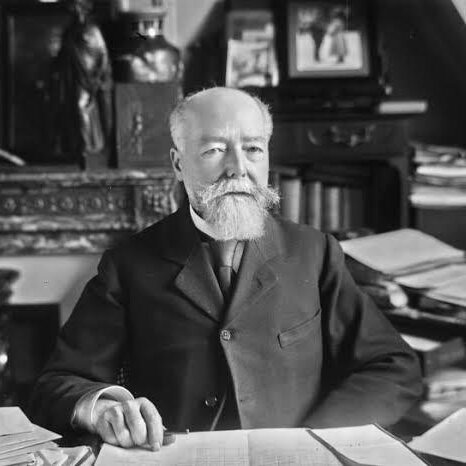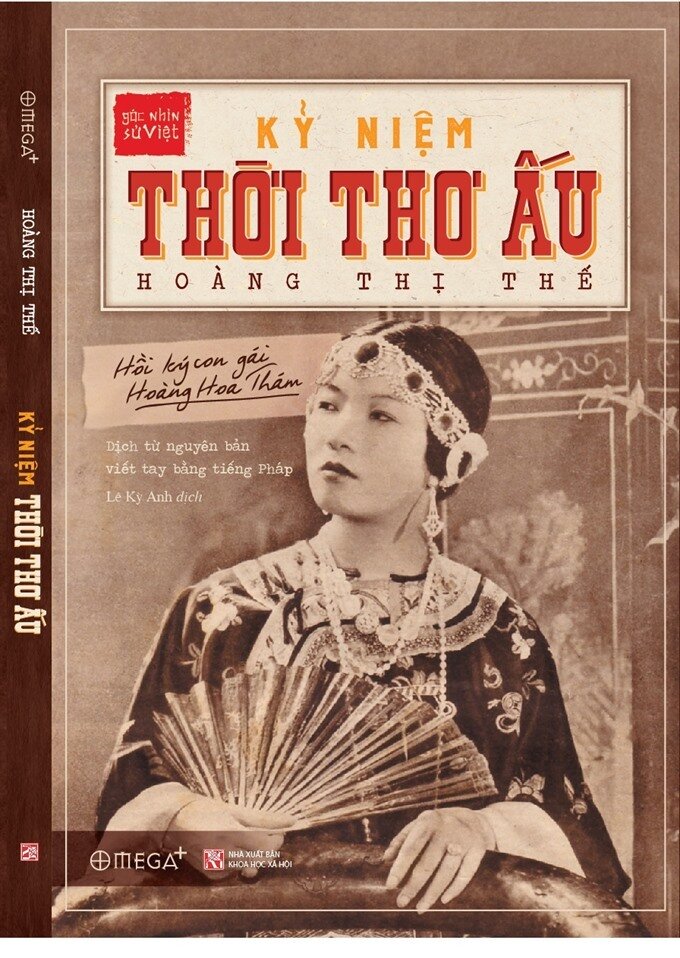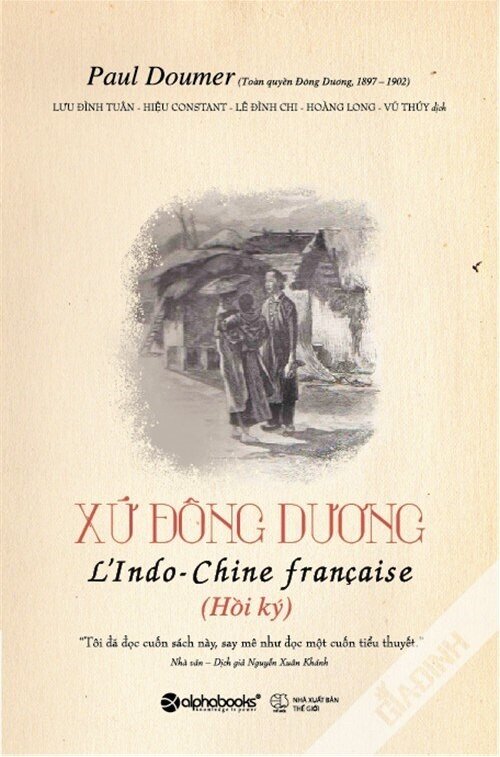Paul Doumer

Joseph Athanase Doumer, known as Paul Doumer (22 March 1857, Aurillac, France – 7 May 1932, Hotel Salomon de Rotschild, Paris), was Governor-General of French Indochina from 13 Feb 1897 to 14 April 1902, and President of France from June 1931 until his assassination in May 1932 at a book fair where authors André Maurois and Claude Farrere were in attendance.
He had eight children with Celine Blanche Richel, four of them, boys, killed during World War I. From the daughters, Helene Blanche Doumer (1880−1968) gained unexpected notoriety when a short film of her and her mother, in white dresses, throwing coins at Vietnamese kids in Haiphong in the 1900s, resurfaced on Internet in 2022. Online commentators misidentified Celine Richel-Doumer, claiming that she was Queen Elizabeth of England.
This was in fact a “Lumière Actualité” production called Indochine: Enfants annamites ramassant des sépèques devant la Pagode des dames (1903), a short wrongly interpreted as throwing rice to poor Vietnamese people, sapek being small tin coins used in French Indochina. In their study “Memory and History: Early Film, Colonialism and the French Civilising Mission in Indochina”, (in Early Film and Colonialism in French Indochina, pp 223 – 236, 2008), Barbara Creed and Jeanette Hoorn did not identify the two women in white.
Paul Doumer also adopted a young Vietnamese woman, Hoàng Thị Thế (1901−1988), who had been previously adopted by Albert Sarraut (1872−1962) after her mother, Đặng Thị Nho (or Ba Cẩn), the third wife of Hoàng Hoa Thám (1858−1913), the leader of the Yên Thế peasant insurrection, who held out against French domination in northern Việt Nam for 29 years, was arrested by French colonial troops and sent in exile in Guyana in 1913. Sarraut sent her to France, changed her name to Marie Beatrice Destham, and later presented her as a Vietnamese princess. In the 1930s, she acted in several French movies, then went back to Bac Ninh, and later lived in Hanoi. Her extraordinary story has been recounted in a book published in Vietnam.
Paul Doumer’s major book, L’Indochine francaise (Souvenirs) (1905) has been translated into Vietnamese by Nguyen Xuan Khanh.
3




